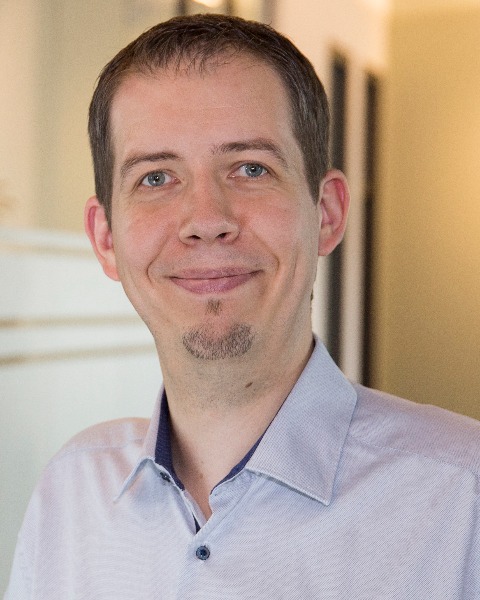Poster Networking
Inherited Bleeding Disorders and Inhibitors
PB0521 - The change in Haemophilia A therapy in Germany - a retrospective data analysis of product classes from smart medication ScanDoc documentation platform used in pharmacies
Monday, June 24, 2024
13:45 - 14:45 ICT
Room: Exhibition Hall
- AR
Andreas Roesch
CEO
smart medication eHealth Solutions GmbH
Frankfurt, Hessen, Germany 
David Schmoldt, Dr.
CEO
smart medication eHealth Solutions GmbH
Frankfurt, Hessen, Germany
Co-Author(s)
Presenting Author(s)
Background: Since the introduction of long-acting factor VIII preparations (LArFVIII) and the monoclonal antibodies (mAB), these product classes are increasingly replacing plasmatic (pdFVIII) and short-acting factor preparations (SArFVIII). Starting in 9/2020 factor dispensing is documented in Germany in specialized hemophilia pharmacies with the smart medication ScanDoc software tool.
Aims: The aim of this study was to analyze the treatment changes in haemophilia A therapy in respect to the prescribed product classes and shifts over time.
Methods: With the introduction of the German “Act for more safety in the supply of medicines” 2019 factor preparations are provided to patients exclusively through pharmacies. The reporting obligation of the pharmacy starting in 9/2020 has since been supported by the smart medication ScanDoc software tool and is used in about 100 pharmacies. The present analysis covers a period of 40 months (9/2020 - 12/2023) with a total of 21142 dispense records and 2229 distinct patients.
Results: The following changes in the number of distinct patients could be observed (see fig.1):
- LArFVIII: increase from 22% to 36% (+ 14%)
- mAB: increase from 8% to 18% (+10%)
- pdFVIII: decrease from 28% to 23% (- 5%)
- SArVFIII: decrease from 41% to 23% (- 18 %)
Conclusion(s): The data analysis shows that modern therapy options (LArFVIII, mAB) are gradually replacing previously established preparations (pdFVIII, SArFVIII). SArVFIII preparations declined with -18% and pdVFIII with -5% in total value over the observation period of 40 months. Interestingly, the decline of pdFVIII preparations is significantly slower than that of SArVFIII preparations. In contrast modern therapy options each increased by +14% (LArVFIII) and +10% (mAB) in total value. Back in 2020 classical therapy options (pdFVII, SArFVIII) still accounted for 69% of patients, but in 2023 modern therapy options (LArFVIII, mAB) already have a share of 54% with a still increasing relevance.
Aims: The aim of this study was to analyze the treatment changes in haemophilia A therapy in respect to the prescribed product classes and shifts over time.
Methods: With the introduction of the German “Act for more safety in the supply of medicines” 2019 factor preparations are provided to patients exclusively through pharmacies. The reporting obligation of the pharmacy starting in 9/2020 has since been supported by the smart medication ScanDoc software tool and is used in about 100 pharmacies. The present analysis covers a period of 40 months (9/2020 - 12/2023) with a total of 21142 dispense records and 2229 distinct patients.
Results: The following changes in the number of distinct patients could be observed (see fig.1):
- LArFVIII: increase from 22% to 36% (+ 14%)
- mAB: increase from 8% to 18% (+10%)
- pdFVIII: decrease from 28% to 23% (- 5%)
- SArVFIII: decrease from 41% to 23% (- 18 %)
Conclusion(s): The data analysis shows that modern therapy options (LArFVIII, mAB) are gradually replacing previously established preparations (pdFVIII, SArFVIII). SArVFIII preparations declined with -18% and pdVFIII with -5% in total value over the observation period of 40 months. Interestingly, the decline of pdFVIII preparations is significantly slower than that of SArVFIII preparations. In contrast modern therapy options each increased by +14% (LArVFIII) and +10% (mAB) in total value. Back in 2020 classical therapy options (pdFVII, SArFVIII) still accounted for 69% of patients, but in 2023 modern therapy options (LArFVIII, mAB) already have a share of 54% with a still increasing relevance.
